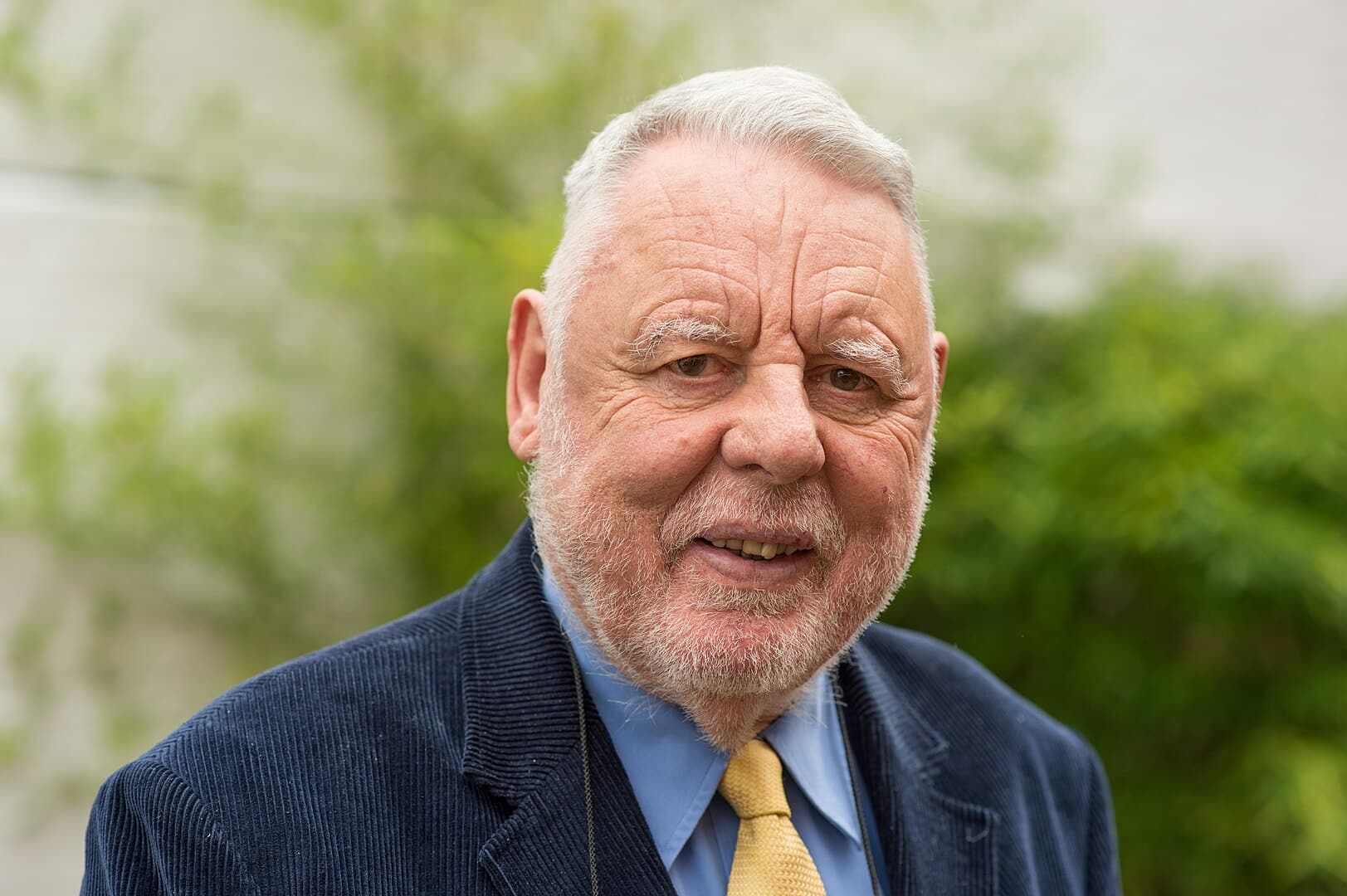 BBC News
BBC NewsBorrowing was £17.4bn last month, the second highest October figure since monthly records began in 1993.

Sir Terry Waite
Faith has been a vital part of my work, and that has been a gradual growth over the years. My understanding of these matters has not been dramatic in the sense of having had a sudden conversion: instead, I think that one’s understanding changes as life goes on and experience teaches you to reflect – if you can make time to reflect, of course.
When I was younger I thought I knew myself and thought I understood myself. But as I get older I recognise that one has a capacity to deceive oneself – and perhaps that is true of all human beings. We can go on thinking that we are in the right way, and we might do that for a whole variety of reasons. Part of the process of life is to try and gain a greater in-depth understanding of yourself and your motives.
All of this is aided or supported by our Christian belief and by our belief in our spiritual life – but it’s a long process and it doesn’t come quickly. Hopefully when one gets into one’s latter years then perhaps one has gained a little more understanding. We ought to grow in our lives, and to some extent become different from our young selves. And yet I also find that none of this is in contradiction to the essential principles I was taught when I was young.
I sometimes asked if I have refreshed my faith over time; I think it’s a gradual process. It will involve a constant self-examination. For instance, I am still an Anglican which I was brought up as. But I am also a Quaker, and a member of the Religious Society of Friends: I call myself a quanglican – a mixture of both. As I grow older in life and experience, I recognise the necessity of silence and how silence is important and how communal silence is of the utmost importance. That time alone, spent in meditation, is where we can sometimes make great spiritual leaps forward, and that is an important part of the Quakers approach.
Perhaps this will not always appeal to young people who may sometimes prefer much more exuberance – much more clapping and jumping around. As one progresses, one finds that perhaps there is nothing wrong in expressing yourself in those ways but that it is important too to balance that kind of worship out with reflection. It turns out to be a sound scriptural principle: Christ himself went out into the wilderness for 40 days and 40 nights, and also spent time alone on the final night of his life. That means that there is precedent throughout history, but it is something we must grow into.
All of which means that we need good teachers and educators in our faith groups – those who not push people prematurely in any particular direction, but who will be gentle with people in their development rather than letting people stay at one particular point. That said, it is worth thinking very carefully before you enter a career in faith: it can be a very hard life. I had to think very hard myself about myself.
It was often said that I ought to be ordained as a clergyman and I never felt that as a vocation and I chose to remain as a layperson within the church and have worked from the church base most of my life as a layperson. That wasn’t an easy choice in many ways because there was no chance of promotion and becoming an Archdeacon or Bishop or a Dean: you remain a simple layman. Looking back, it was a big risk because with a young family a mortgage that wasn’t an easy way and I remember acute anxiety all the time. Even so, I am glad I did it. I don’t have regrets: it was absolutely the right decision not to be ordained but to remain as a layperson. I never had a vocation to be ordained – it’s just not me.
So somehow this is where self-knowledge comes in. We need to know ourselves, and to what we believe to be right. Of course, we also need good counsel, and it would be a mistake too solitary in our decisions. But if you follow your vocation, it will work out for you. Of course, perhaps it won’t work out in precisely the way you expected – but it will work out.